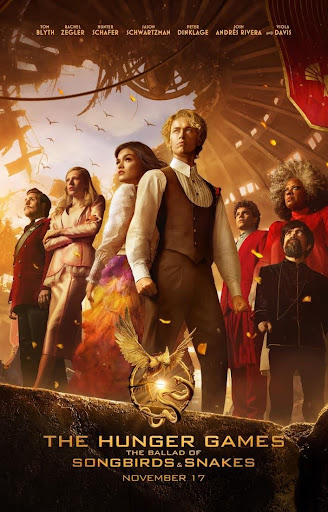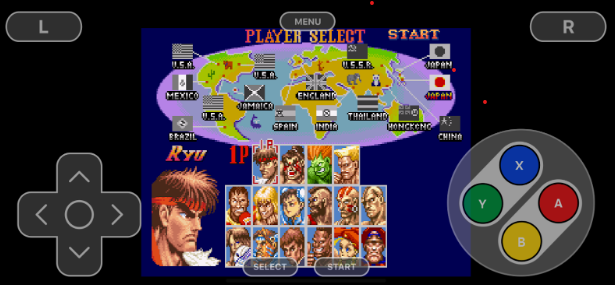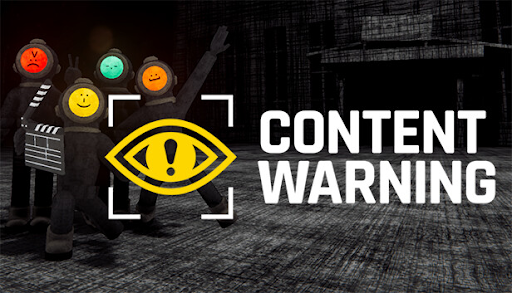The prequel to the Hunger Games book series; “The Ballad of the Songbirds & Snakes,” contributes a perspective that many Hunger Games fans have been eager to see adapted into live action and resulted in, what I would consider, the movie of the season.
In a story filled with love, anger and betrayal, Suzanne Collins staggered between genres of thrill, adventure and romance, making it a film for everyone. The prequel delves into the backstory of how Coriolanus Snow, the president of Panem, becomes the person he is in the original series. The movie is set all the way back during the 10th Hunger Games, 64 years before Katniss Everdeen gets reaped into the 74th Hunger Games. In the original series, viewers only see the evil side of Snow, so it was interesting to learn his lore more in depth as well as other characters’. In the prequel, Snow is only 18 years old, and acts as a mentor to the District 12 tribute: Lucy Gray Baird. From the beginning, Snow’s deceiving personality makes it difficult to recognize the evil hiding behind his mask— precisely his goal. Tom Blyth, who played young President Snow in the film, perfectly captures the fluctuating personality of Coriolanus Snow. Even though I knew how he would turn out in the end, Blyth’s performance nearly convinced me to trust him, which was exactly his effect on Lucy Gray. Snow is able to gain her trust, and is even the one who proposes the idea that mentors should build a stronger connection to their tributes before they enter the arena, a foreign concept before the 10th Hunger Games. As the movie progresses, the person he truly is, is revealed from behind the mask; jealous, controlling and narcissistic.
Along with Blyth, actress Rachel Zegler also did a phenomenal job of capturing the character Lucy Gray Baird. From her southern accent, to her powerful voice, to the raw emotion she put into the character, she was undoubtedly the perfect actress for the role.
It was a new experience to watch a movie from a perspective I had never seen before—one where I already knew how the story would end. In most movies, the audience is left wondering where the storyline is going to lead, however in “The Ballad of the Songbirds and Snakes,” the ending is already a given for those who have kept up with the original series.
Although the positives outweighed the negatives, there were instances where I wish they had done things differently. Despite being two and a half hours long, the majority of the movie seemed perfectly paced to me. There were no specific scenes that lingered on to the point of boredom, but it also didn’t move too fast that it felt like I was missing out on key points. In the last third of the movie, however, the pace felt rushed in comparison to the rest of the movie. Snow’s personality quickly shifted from his seemingly caring persona to his purely malevolent self. I wish I had more of a chance to see the gradual shift, because to me, it felt like he went from one end of the spectrum to the other in only a few scenes.
Going into the movie, and even throughout the beginning of the film, I was skeptical as to if it would live up to the praise I had heard from die-hard Hunger Games fans, but upon watching the movie, all doubt I had quickly vanished. It was interesting to learn more about the characters I knew from the original series in a completely different light. I’m not sure if any movie could replace the nostalgia of the original Hunger Games, but I can safely say it succeeded in bringing back a taste of the dystopian universe that was left in the 2010s.
Between series like “Divergent,” “The Maze Runner,” and of course, “The Hunger Games,” the 2010s was the peak of dystopian-based storylines, something that I think had been lacking in recent years. “The Ballad of Songbirds and Snakes” certainly seemed to fill that void for me and was a perfect ending of the beginning for one of the most groundbreaking dystopian series to exist.
jy/rm/tk/ys/ew
For more breaking news and photos, follow The Wingspan on Instagram and Twitter @CHSWingspan.





